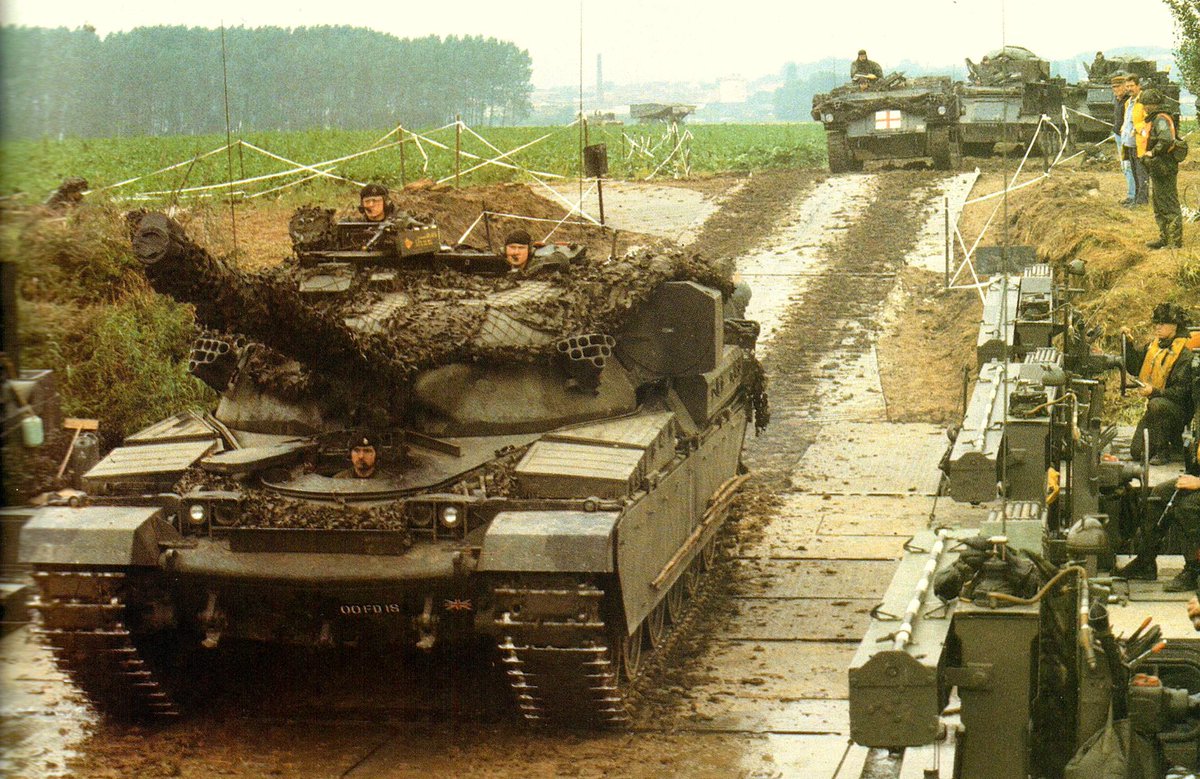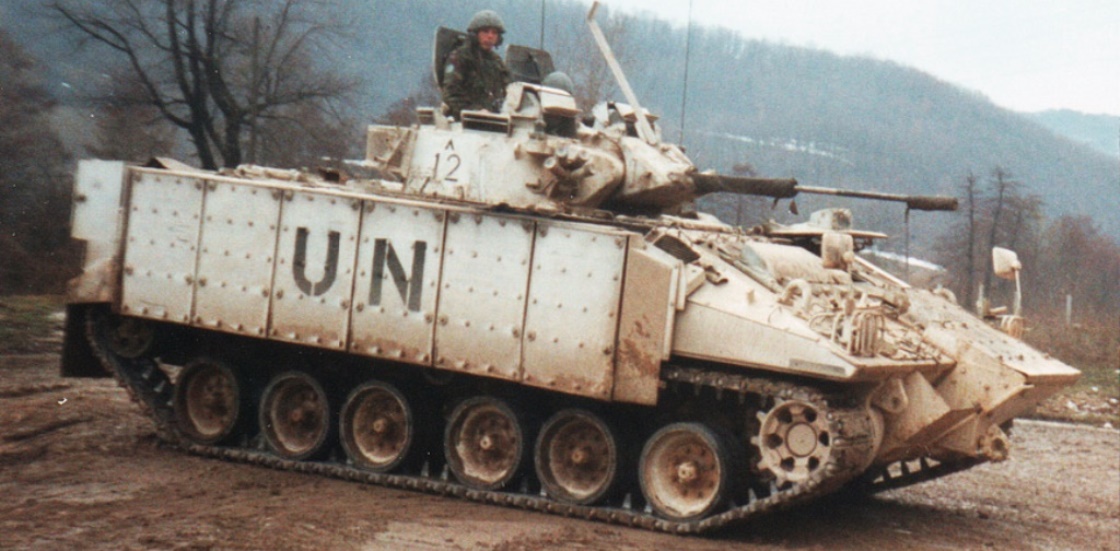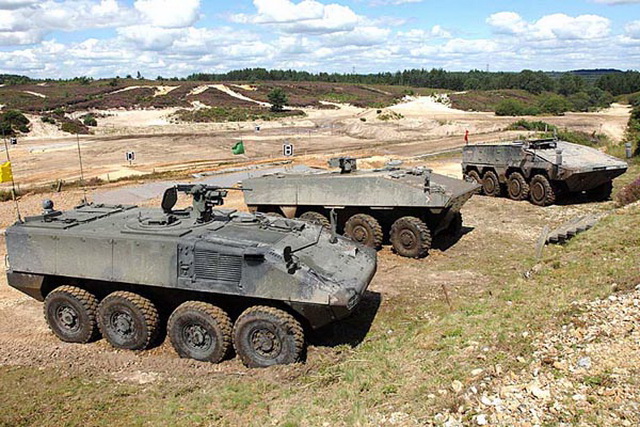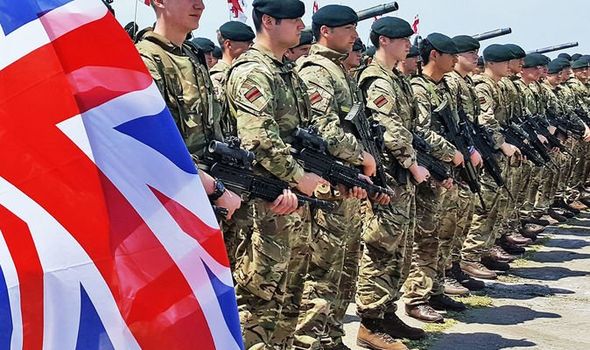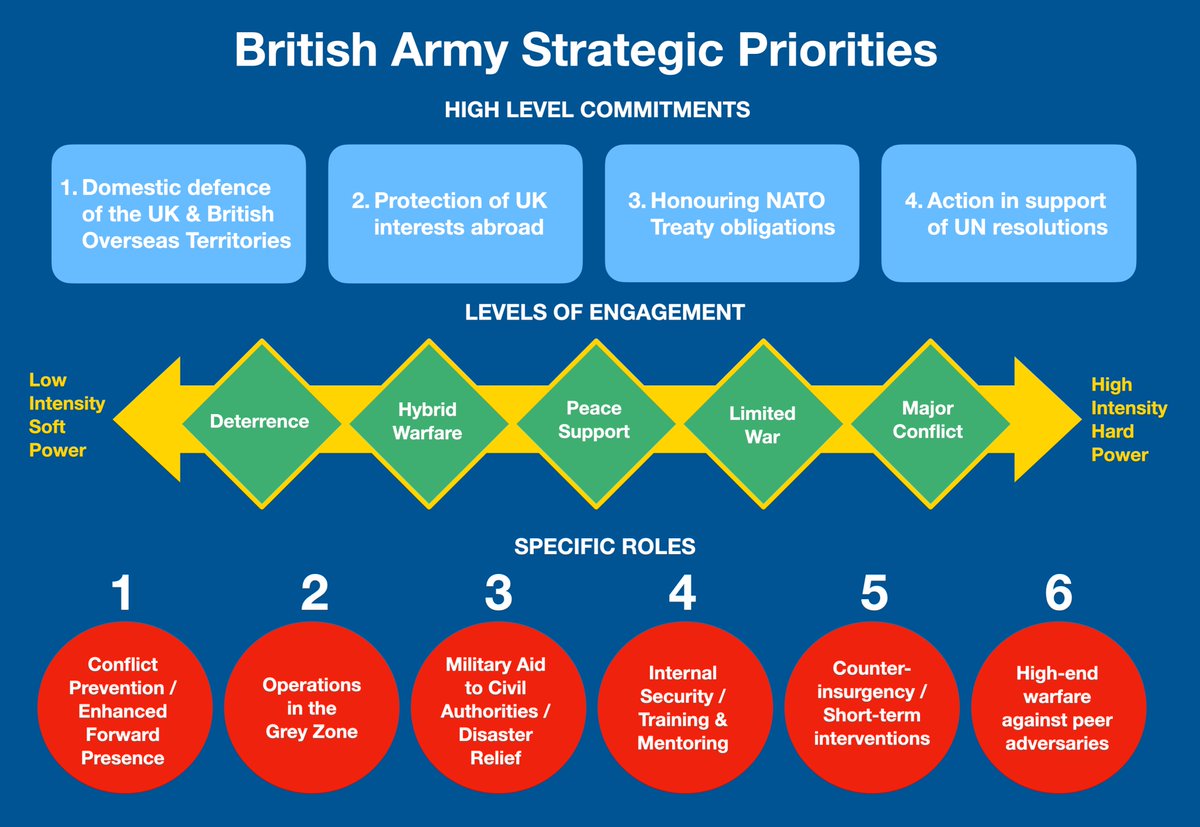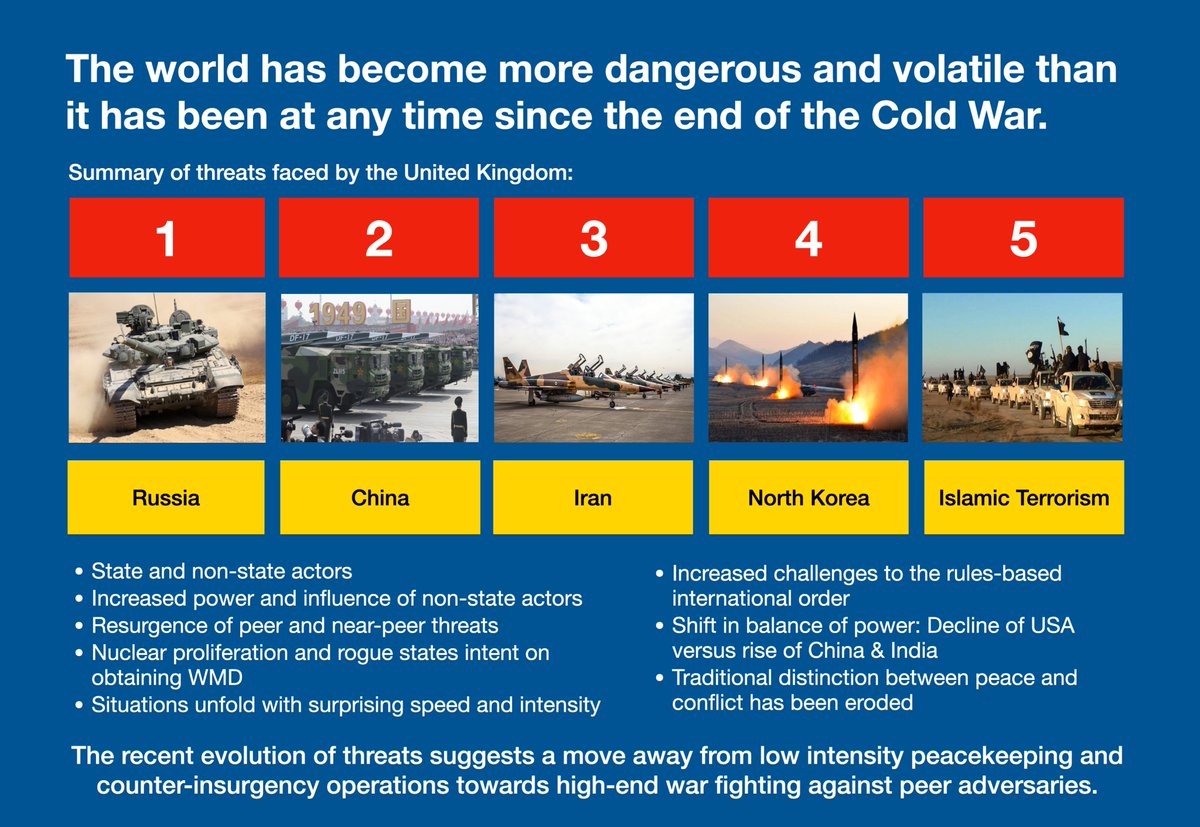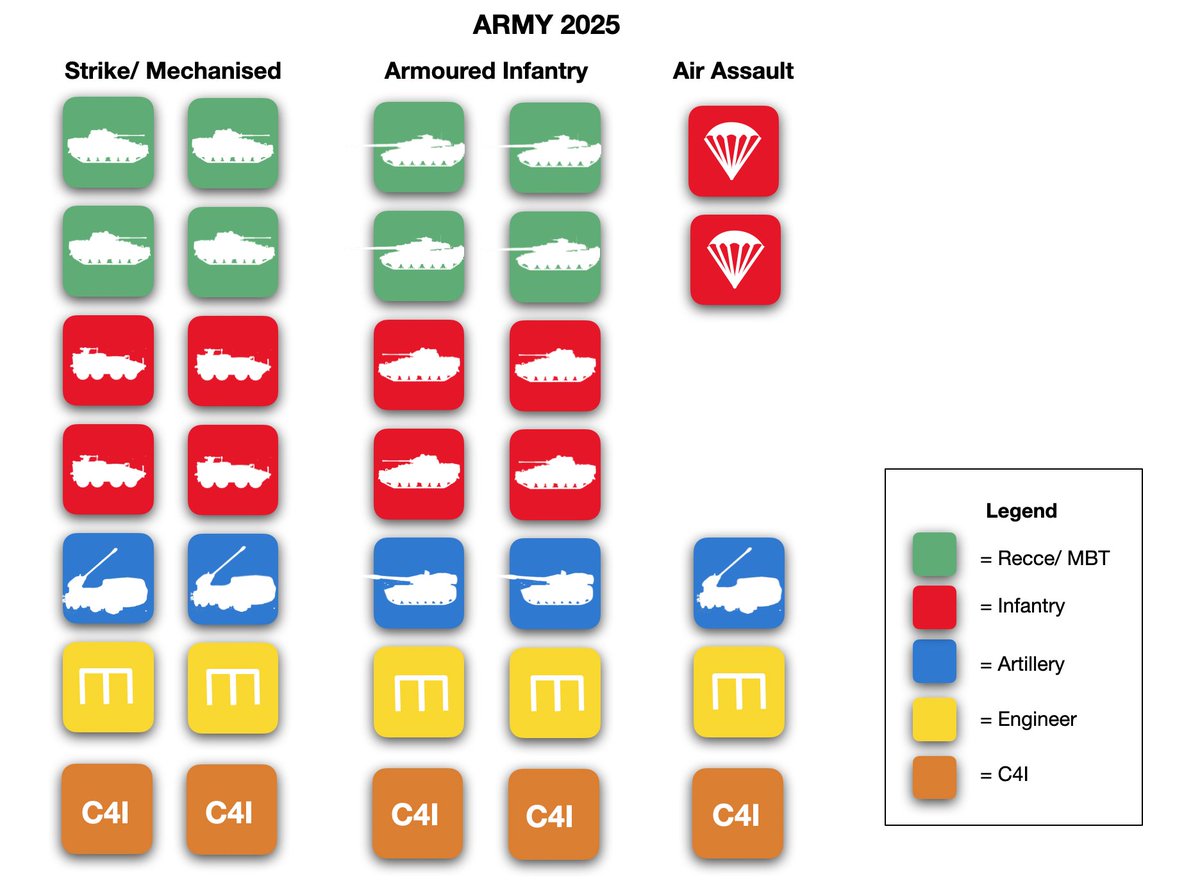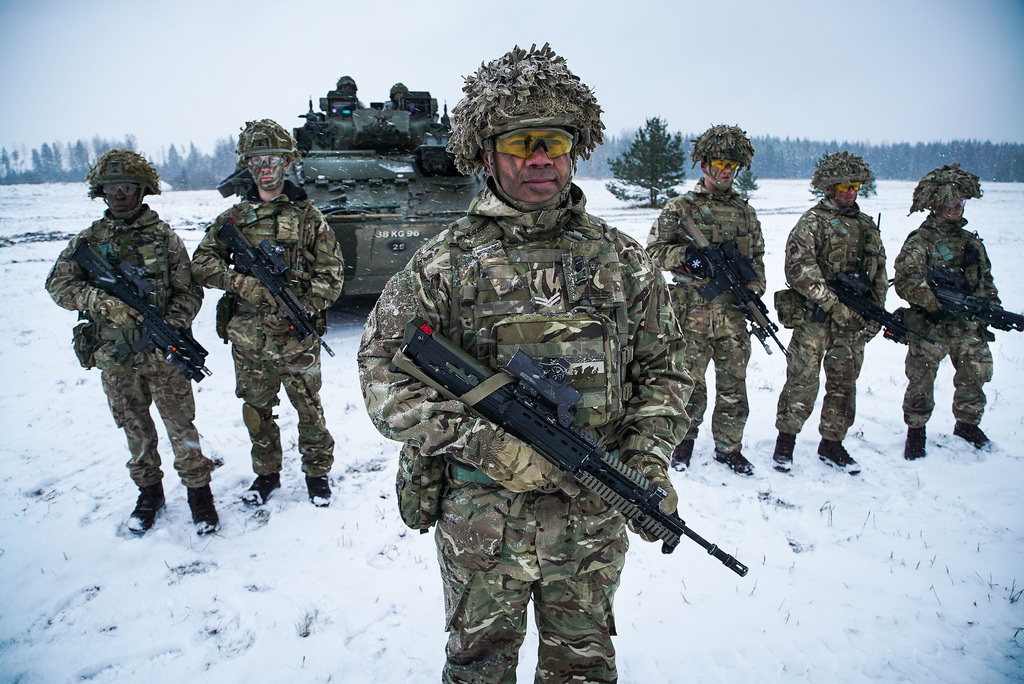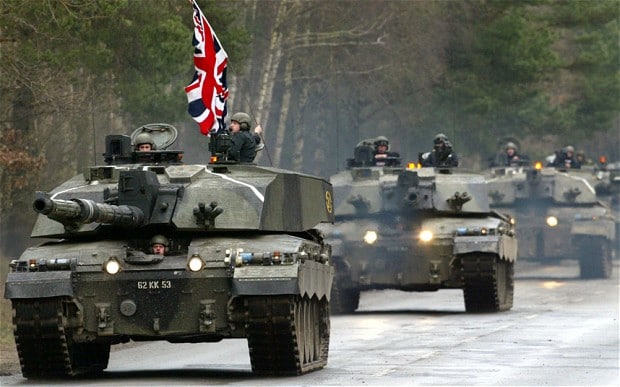
WUHAN ONE YEAR ON
On 22 January 2021, it will be a year since China locked-down the city of Wuhan and in doing so alerted the rest of the world to the fact that we were facing a new and deadly illness that has changed our lives.
(1 of 21)
On 22 January 2021, it will be a year since China locked-down the city of Wuhan and in doing so alerted the rest of the world to the fact that we were facing a new and deadly illness that has changed our lives.
(1 of 21)
There is compelling evidence to suggest that China knew how serious the virus was long before January 2020. Internet searches in the Wuhan area revealed people trying to identify the symptoms we now identify as Covid-19 in October and November 2019.
(2 of 21)
(2 of 21)
Athletes returning from the World Military Games in Wuhan, also in October 2019, reported a strange illness that was unidentified at that time. Isolated cases of an unknown illness also presented at French, Swedish, and other European hospitals in November 2019.
(3 of 21)
(3 of 21)
There is more than adequate data to suggest China that failed to provide timely warning of Covid-19. This was either gross negligence or a deliberate decision to ensure it would emerge from the pandemic sooner and be financially stronger than the West as a result.
(4 of 21)
(4 of 21)
There is no suggestion that the virus was engineered in a lab or released deliberately. However, we cannot discount the fact that the virus may have been being researched in the Wuhan bio-lab and somehow escaped unintentionally.
(5 of 21)
(5 of 21)
It seems highly probably that China understood the seriousness of the virus before 22 January 2020, but realised it could manipulate the situation to its advantage by delaying efforts to warn us. This is not how a responsible member of the world community behaves.
(6 of 21)
(6 of 21)
China responded badly to criticism. At one point, a CCP member went on national TV threatening to withhold antibiotics from the US market. (The USA gets 97% of its antibiotics from China.) China also bullied Australia when it called for a virus inquiry.
(7 of 21)
(7 of 21)
Although China eventually shared the genetic code of the virus, enabling Western labs to start developing vaccines, it did so too late. More than anything, China has not engaged with the rest of the world over the last 12 months. it has retreated into itself.
(8 of 21)
(8 of 21)
Suddenly, we've woken-up to the fact that China is an economic and military superpower that rivals the USA. The power China now possesses was given to it by the West. Western companies making large profits from Chinese-made goods have fuelled its growth and power.
(9 of 21)
(9 of 21)
We've also woken-up to the fact that Chinese goods are so competitive, because their workers are paid so much less than their Western counterparts. By willingly outsourcing everything to China, we have killed our own home-grown industries.
(10 of 21)
(10 of 21)
We've woken-up to the fact that China has not honoured the Hong Kong agreement. We realise that China's treatment of Uighar Muslims is ethnic cleansing if not genocide. We certainly shouldn't be rewarding China's recent behaviour with trade deals.
(11 of 21)
(11 of 21)
For a very long time, we've turned a blind eye to the fact that China is a totalitarian state that has made itself immune to Western censure. We've ignored China's belt and road expansion initiatives in Asia and Africa.
(12 of 21)
(12 of 21)
The situation we find ourselves in is like someone who befriends a wolf cub. They feed it, play with it, and steadily it grows. Then one day the wolf gets on the sofa and they go to shoo it off, but a fully-grown animal bares its teeth, snarls and refuses to budge.
(13 of 21)
(13 of 21)
Over the last 12 months, the West has realised that China's growth was fine so long as it was benign member of the global community. But what happens when the animal we have fed and nurtured turns on us? The risk of this happening is very real.
(14 of 21)
(14 of 21)
In other words, the pandemic has forced us to re-set our relationship with China. But this is not about punishing China. It is about realising that we must be self-sufficient, rather than completely dependent on one country and on a country we cannot trust completely.
(15 of 21)
(15 of 21)
This is not to say China has become an enemy. But it has become a competitor. If we prevent ourselves from competing with China on equal terms, then we risk putting ourselves at a significant disadvantage. We risk being taken advantage of.
(16 of 21)
(16 of 21)
We cannot appease China. As Winston Churchill said, appeasement is like feeding a crocodile in the hope that it will eat you last. Authoritarian states respect strength not weakness. This requires us to rethink our strategic and economic priorities.
(17 of 21)
(17 of 21)
We need Joe Biden to restore America's place on the world stage, because its strength, integrity and unity have preserved world peace since 1945. If we don't protect democracy, it will be threatened by those who prefer to rule without accountability.
(18 of 21)
(18 of 21)
Our way of life is threatened on a daily basis. Enemies living amongst us are actively plotting our destruction from within. They seek to destabilise society, to discredit our leaders, and restrict our freedoms. They are not the stuff of fiction, but a real danger.
(19 of 21)
(19 of 21)
The situation we find ourselves in means the business of defence has become a renewed national priority. Even though hard power is important to protect against physical attack, equally we must wield soft power to seize and hold the moral high ground.
(20 of 21)
(20 of 21)
For all of the above reasons, the UK's Integrated Review is a vital strategic process to achieve strength and resilience that deter and protect us against would be aggressors. One year on, it's not about money, even though cash will be constrained. It's about survival.
(21 of 21)
(21 of 21)
• • •
Missing some Tweet in this thread? You can try to
force a refresh

